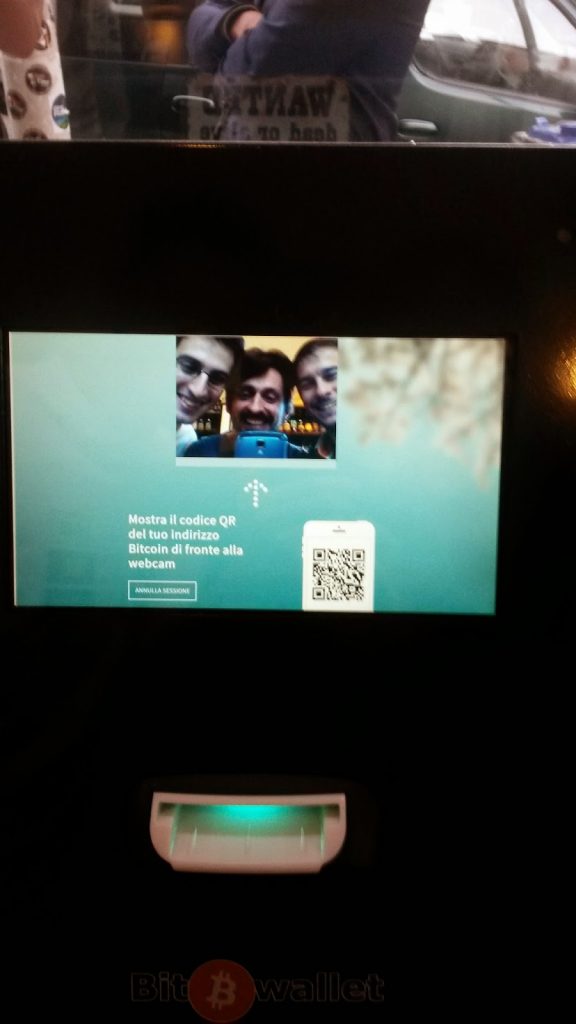Search Results For: italian
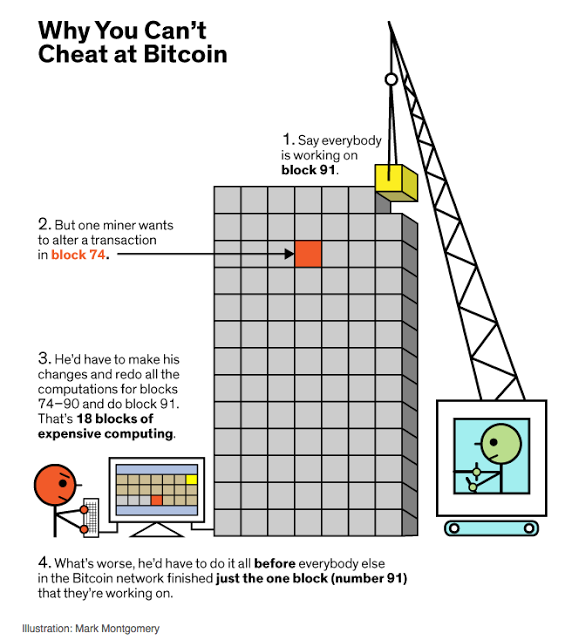
Economic problems Bitcoin solves and why it could change our lives
-
Make digital information (for example, a bitcoin) a “rival good;” and, preventing the owner to spend it a second time
-
Achieving said result with a public register (the blockchain), where the access to information is “not-excludible”, because it is available without intermediaries – it is public and permanent.
-
Anonymity – if no one knows the identity behind the lists of parties.
-
Privacy – in the sense that no one knows what you purchased and at what price.
-
Irreversible – which comes with a lack of monitoring and compensation body.
Author: Massimo Chiriatti, technologist and member of Assob.it
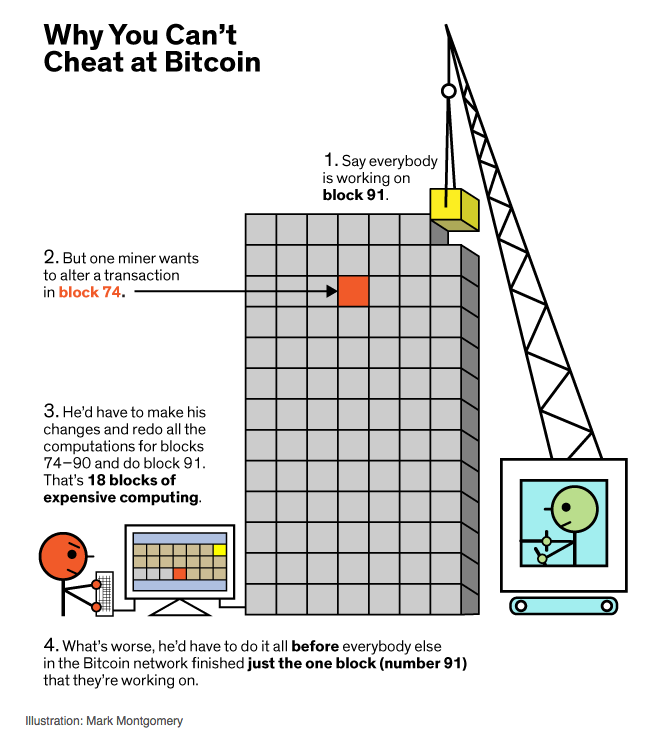
Source: The Future of the Web Looks a Lot Like Bitcoin (http://ow.ly/PqmJF)
Open your free digital wallet here to store your cryptocurrencies in a safe place.
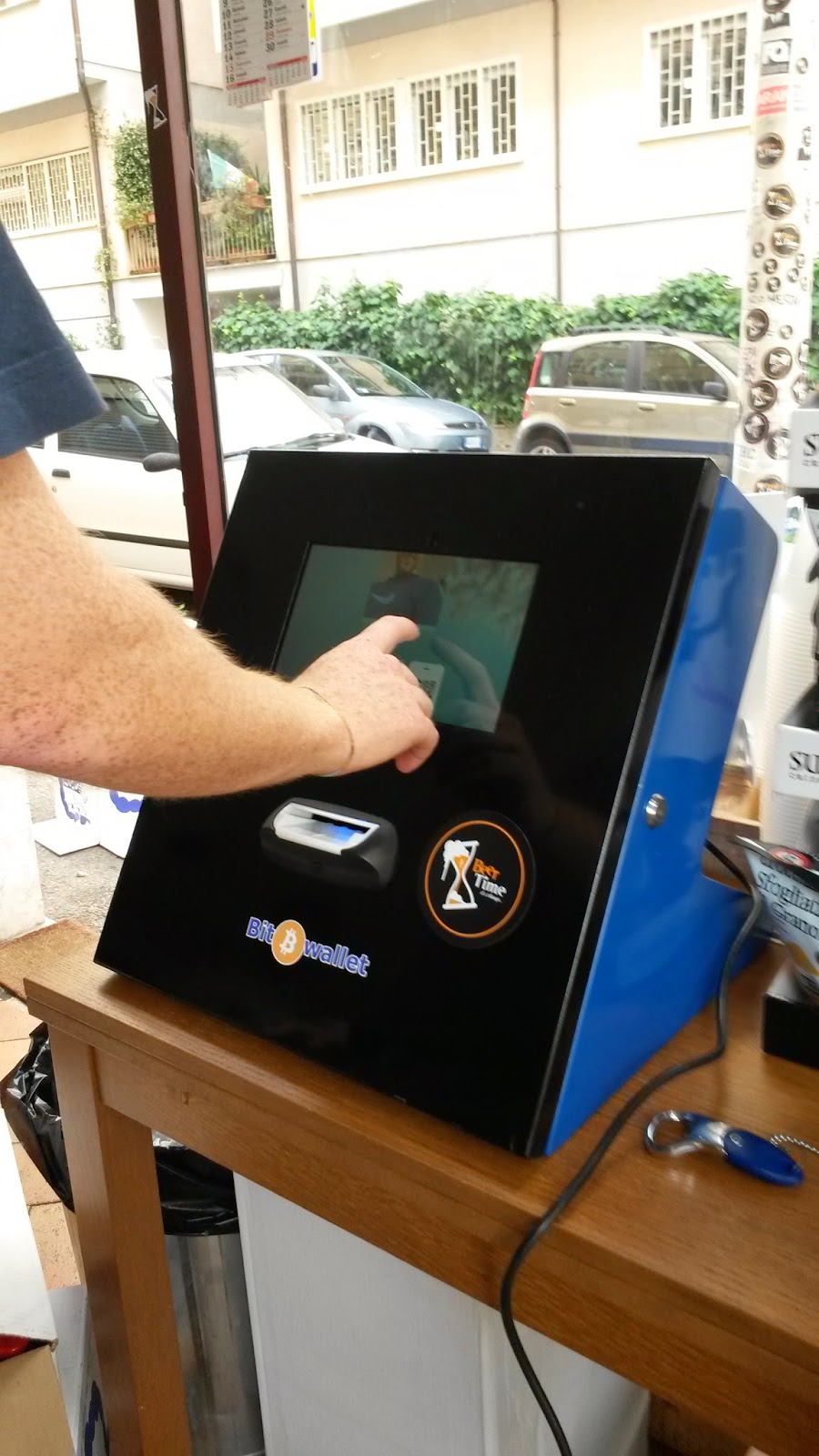
Italy house of parliament hosts bitcoin believers
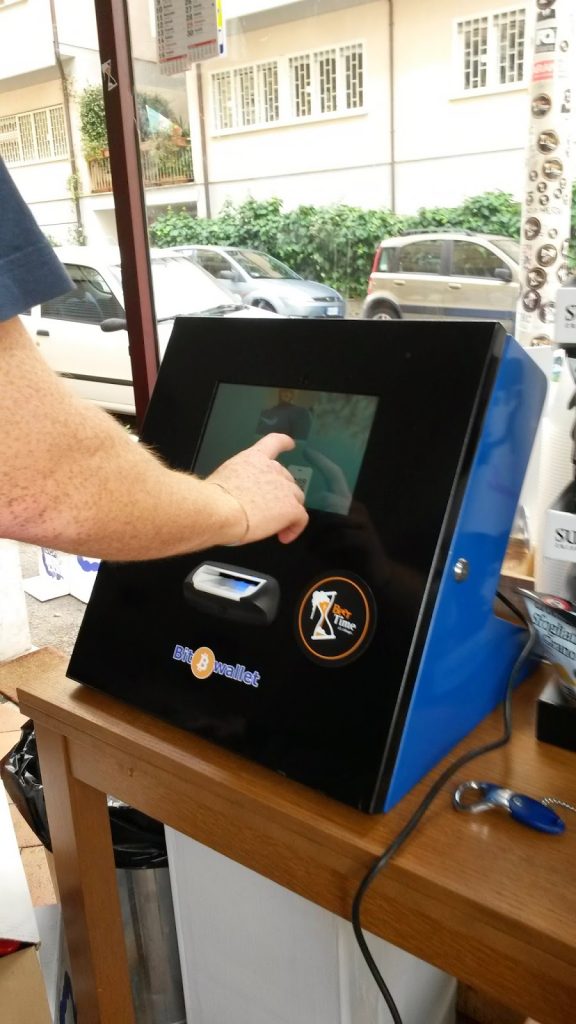 |
| Bit-Wallet at Bitcoin Meetup in Rome Photo by G. Baroncini Turricchia |
lower house of the Italian parliament, in Rome on Wednesday with the aim
of informing Italian lawmakers about the economic benefits of bitcoin.
“Risk and opportunity were clearly disclosed in a neutral way. In the second part, [a representative moderated a] discussion between politicians, institutions and business, and [many questions were asked by these participants].”
The events come in the wake of the Central Bank of Italy’s May warning that domestic investors should avoid buying, investing in or using bitcoin as a currency due to price volatility and the lack of consumer protection laws to protect consumers.
Proliferating bitcoin
A second, non-affiliated event, organized by digital payment advocacy group CashlessWay, is set to take place on 26th June. Speakers will include bitcoin banking provider Robocoin CEO Jordan Kelly and parliament member Sergio Boccadutri, who presented a proposal for regulating bitcoin under existing Italian law in January.
“Italy is full of cultural tastemakers and has a rich history in banking and finance. These all support Robocoin’s goal of helping proliferate bitcoin.”
Open your free digital wallet here to store your cryptocurrencies in a safe place.
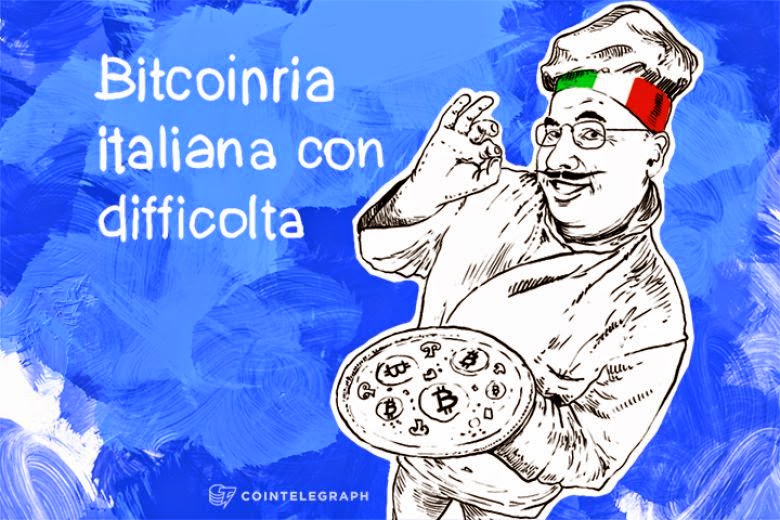
The difficulty of getting Bitcoin to catch on in Italy
first Bitcoin ATM was a Lamassu machine, installed in Udine,
a northeastern city nestled between the Alps and the Adriatic
Sea.
down the stuffed gnocchi.
anyone who needs help using the machine (it’s located in the hall of his family’s business).
He’s even had the interface translated into the local Friulian language, as
well as Italian.
his next step at this point is to install more machines around the country.
though.
Legal Obstacles
regarding Bitcoin, forcing him to operate in a grey area with which many
Bitcoin entrepreneurs are familiar.
pool of attorneys and legal experts advise him on what he could and could not
do. Italy,
they told him, does not regulate Bitcoin itself, nor are there any
know-your-customer regulations, but any transactions above 999.99 EUR need to
be reported.
“The use of electronic
currency is restricted to banks and electronic money institutions — that is,
private legal entities duly authorized and registered by the Central Bank of Italy.
Aside from these developments, Italy
does not regulate Bitcoin use by private individuals, and currently the
implementation of initiatives concerning the use of electronic currencies lies
with the EU.”
technology.
“Banca d’Italia is
studying the [Bitcoin] phenomenon, and perhaps — if they were fast — in 10-20
years we could have a law on it.”
local perception is something else entirely, Dordolo said.
“In Italy, we are at the beginning of
Bitcoin’s spreading among the population. There is an interesting Bitcoin
community [in Italy],
but it is still very hard to explain to Italian people the real value that
Bitcoin creates in the economy and the job opportunities it creates.This is because of
misinformation by the national media that actually regard it as a scam or worst
as associated with criminal deeds.Even the local Bitcoin
Foundation is not as active as it should be, so whatever can move this
situation is welcome.”
Open your free digital wallet here to store your cryptocurrencies in a safe place.
